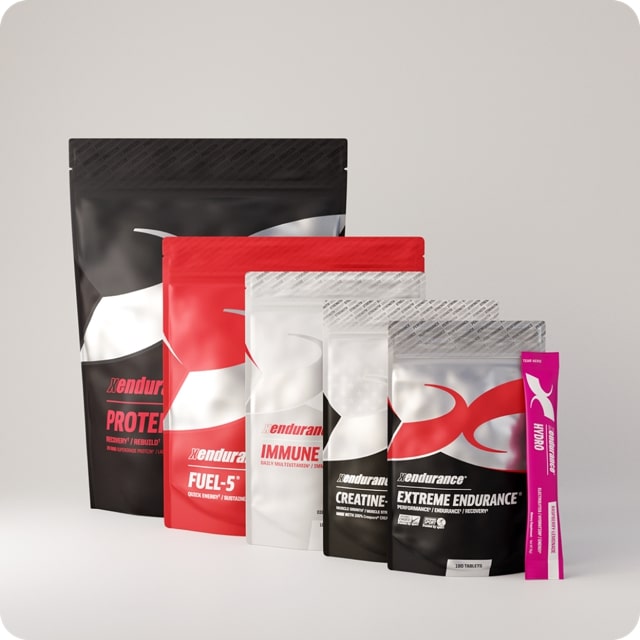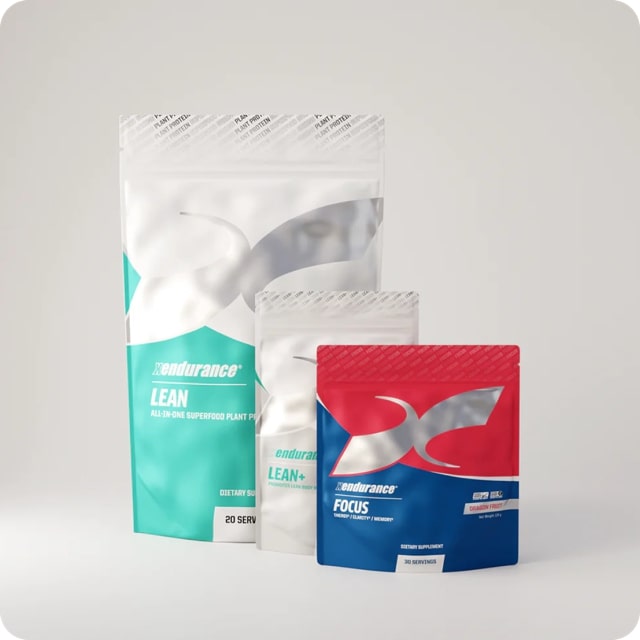Chocolate, an indulgence many of us adore, has long been associated with celebrations, comfort, and moments of bliss. But did you know that dark chocolate, in particular, carries more than just delightful flavors? It's packed with a range of health benefits that could make your favorite treat more of a health food than a mere indulgence. Let's dive deep into the scientific reasons that make dark chocolate a sweet surprise for your health.
Dark Chocolate: A Treasure Trove of Flavonoids
To understand why dark chocolate is hailed for its health benefits, one must first understand flavonoids. Flavonoids are a type of polyphenol – naturally occurring compounds found in various plants. These compounds play numerous roles, such as providing colors to flowers and protecting plants from environmental toxins.
Dark chocolate gets its flavonoid content from cocoa beans, its primary ingredient. These flavonoids belong to a group called flavanols, with epicatechin and catechin being the most significant in dark chocolate.
The Antioxidant Power of Dark Chocolate
Free radicals are unstable molecules that can damage cells, and they emerge from numerous processes within our bodies or from external sources, such as pollution. Our body counters these with antioxidants, which neutralize free radicals and thereby prevent potential damage.
Dark chocolate is packed with antioxidants. According to research, the cacao plant, from which cocoa beans are derived, is among the most significant sources of antioxidant properties, even surpassing some fruits like blueberries in terms of antioxidant capacity.
The antioxidants in dark chocolate are primarily flavanols, which are not only efficient in neutralizing free radicals but also have other health benefits:
- Heart Health: Regular consumption of dark chocolate has been linked to improved heart health. Studies suggest that the flavanols in dark chocolate can help in dilating blood vessels, improving blood flow, and reducing the risk of heart disease.
- Improved Brain Function: Some studies indicate that dark chocolate can boost cognitive functions. The increased blood flow to the brain, spurred by flavanols, may enhance memory and attention span.
-
Skin Protection: Flavanols in dark chocolate can also protect the skin against harmful UV rays by increasing blood flow to the skin and improving skin density and hydration.

What Type Of Dark Chocolate Provides the Most Health Benefits?
Dark chocolate's health benefits largely stem from its cocoa content. Specifically, the higher the cocoa percentage, the more flavanols and antioxidants are present, which are responsible for most of the noted health advantages. With that in mind, when looking for the healthiest dark chocolate option, consider the following factors:
- High Cocoa Content: Choose dark chocolates that have a higher cocoa percentage. Generally, those with 70% cocoa content or higher are the best
- options. These will provide more flavanols, which offer antioxidant properties and are linked to other health benefits.
- Minimal Added Sugars: Higher cocoa content chocolates naturally contain less sugar, but it's still important to check the label. Excess sugar can offset some of the health benefits of dark chocolate, especially if it contributes to weight gain or spikes in blood sugar.
- Fewer Additives: Opt for dark chocolates with fewer ingredients. Ideally, the chocolate should contain cocoa mass, cocoa butter, and possibly a sweetener. Avoid chocolates with added flavorings, preservatives, and other unnecessary additives.
- Source of Cocoa: The quality of cocoa beans and the method of processing can influence the flavanol content. Some methods, such as the "Dutching" process (which uses alkali treatment), can significantly reduce the flavanol content. Check the label to see if the chocolate has been "Dutch-processed" or treated with alkali. If health benefits are your primary concern, it's better to opt for non-Dutched dark chocolate.
- Certifications: Look for certifications that indicate ethical and sustainable sourcing practices, such as Fair Trade or Rainforest Alliance. While this doesn't directly relate to health benefits for the consumer, sustainable and ethical sourcing often translates to better quality cocoa beans and overall product.
- Cocoa Type: There are different types of cocoa beans, including Criollo, Forastero, and Trinitario. While the health benefits among these types are relatively similar, some aficionados believe that Criollo, being a rarer and more premium bean, provides a richer flavor.
Moderation is Key: How Much Dark Chocolate is Just Right?
Like all good things in life, moderation is crucial when it comes to consuming dark chocolate. While its benefits are undeniable, dark chocolate is also calorie-dense, and excessive consumption can lead to weight gain. Moreover, not all dark chocolates are created equal. The percentage of cocoa is crucial – the higher the cocoa content, the higher the flavanol content. Ideally, you should opt for dark chocolate with at least 70% cocoa for maximum benefits.
A general recommendation for achieving the health benefits without overindulging is to consume about 1 to 2 ounces (28 to 56 grams) of high-quality dark chocolate per day. This modest amount can allow you to reap the antioxidant benefits without overloading on calories.
Dark Chocolate: Not All is Sweet
While dark chocolate has numerous benefits, it's essential to remain aware of its potential downsides:
- Calories: Dark chocolate is calorie-rich. Eating it in excess can contribute to weight gain.
- Sugar: Some dark chocolates, especially those with lower cocoa content, might contain higher amounts of sugar, which can affect blood sugar levels and overall health.
- Caffeine: Dark chocolate contains caffeine. Consuming it in large amounts, especially late in the day, might disrupt sleep for some individuals.
- Allergens and Sensitivities: Individuals allergic to cocoa or other ingredients in dark chocolate should avoid it. It's always wise to check the ingredient list and be aware of any potential allergens.
Should You Indulge?
In the end, the benefits of dark chocolate come down to its quality and the quantity consumed. When chosen wisely and consumed in moderation, this delightful treat can serve as a delectable way to infuse antioxidants into your diet, offering both pleasure and health perks. So, the next time you reach for a piece of dark chocolate, savor not just its rich flavor but also the array of benefits it brings to your health. Just remember, as with all things, moderation is key!











Leave a comment
This site is protected by reCAPTCHA and the Google Privacy Policy and Terms of Service apply.